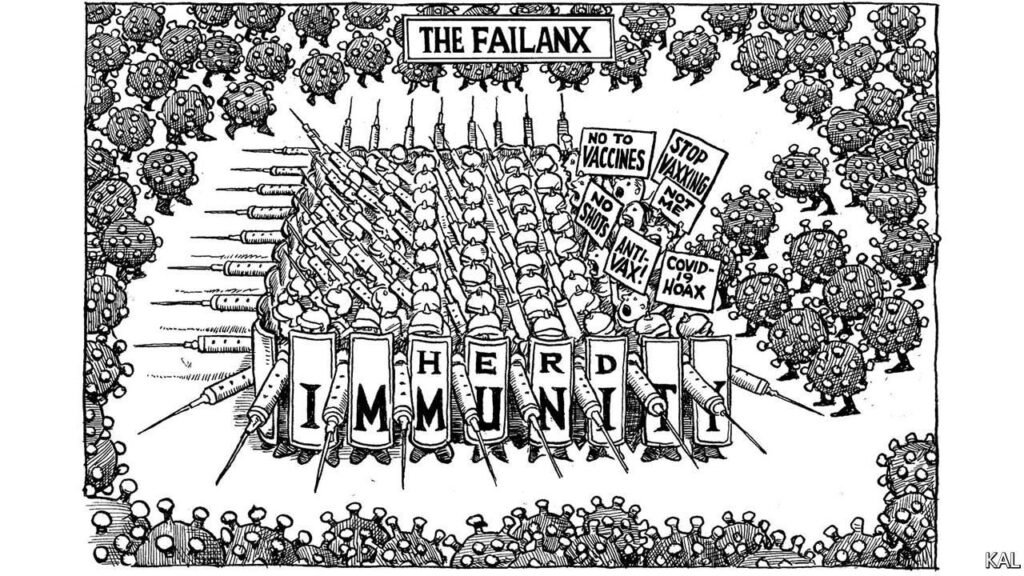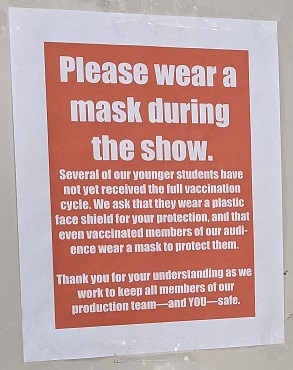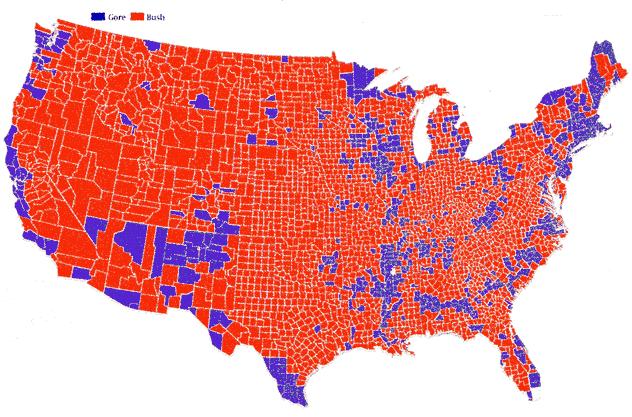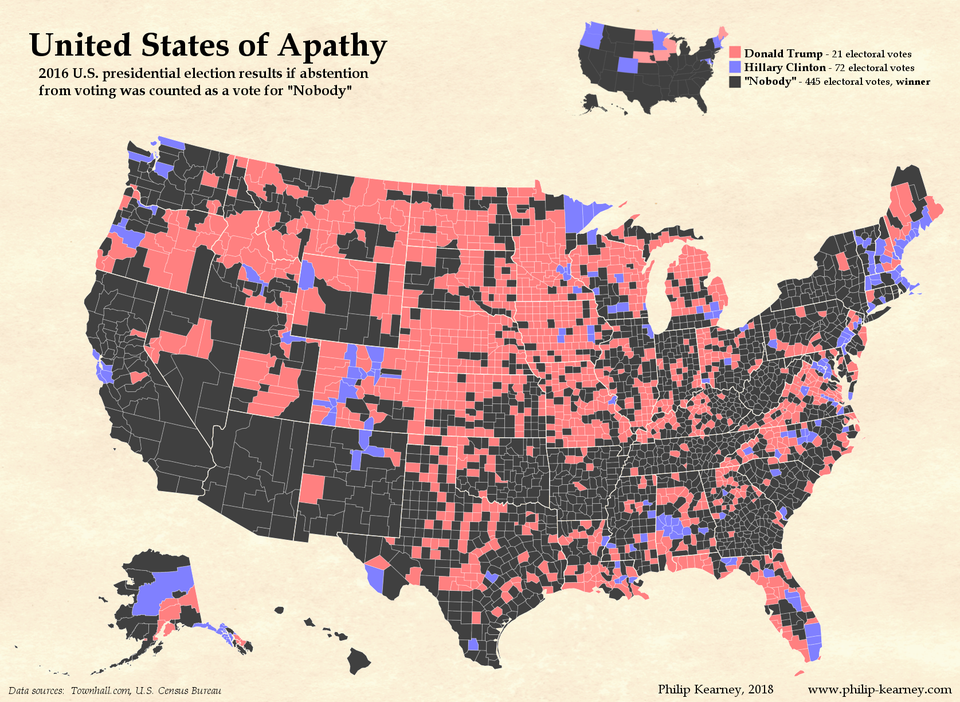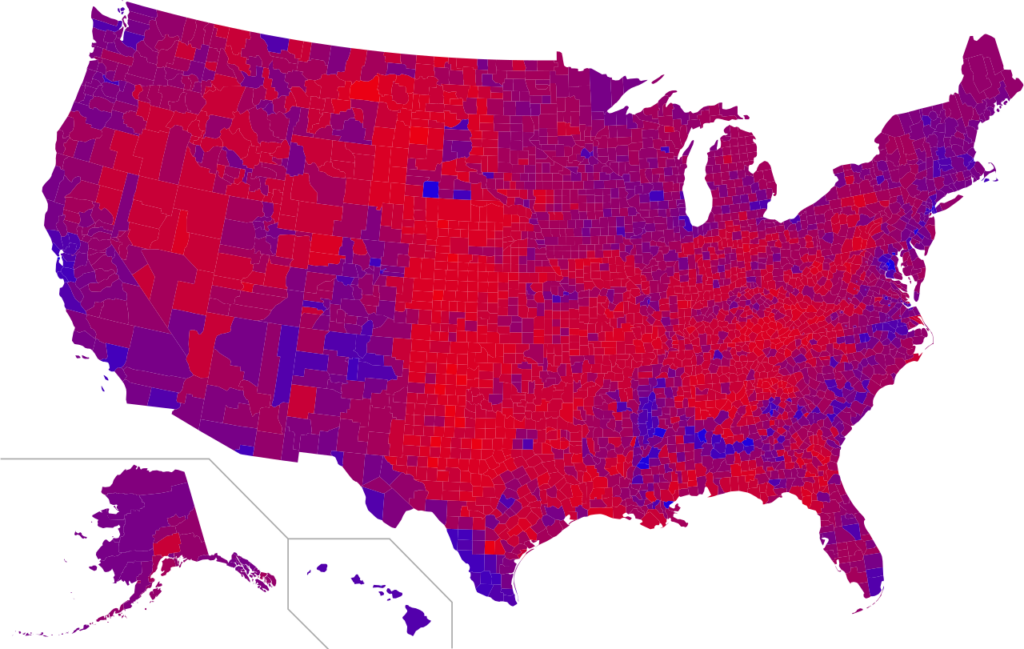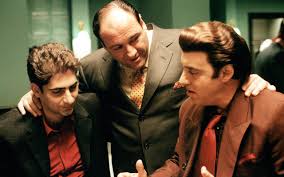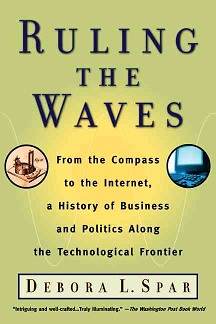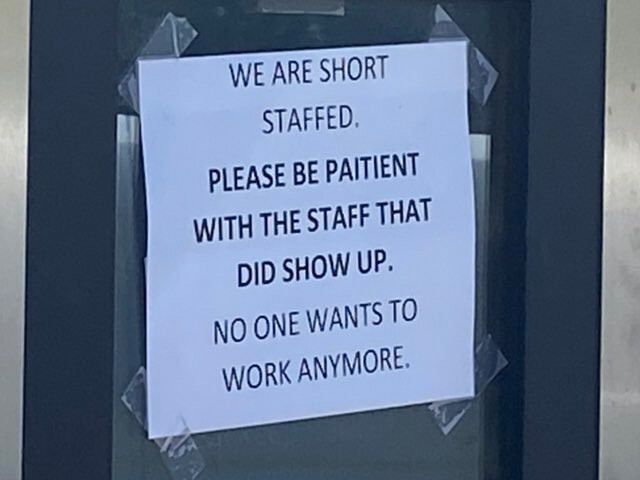This is the last of three posts where I review the book Ruling the Waves, by Debora L. Spar. This actually took me nearly two years to do, which is not my usual pattern at all, but this was as much a research project as a good read.
The goal of the project was to relate the thesis of the book – that ground-breaking technology goes through four phases of development before becoming commonplace – to the cycles of four turnings in Strauss & Howe generational theory. In generational theory, alternating patterns of generational archetypes lead to a pattern of social eras with first decreasing, then increasing degrees of social order. And since Spar’s work describes a pattern of an unregulated market transforming into a well-regulated one, there might be some correlation.
Spar breaks her narrative up into the stories of different specific technological waves: the compass/age of navigation, the telegraph, radio, satellite/digital television, cryptography for the masses, PC operating systems, and finally digital music. What I found and related in the first post of this series is that the story of the telegraph actually lined up pretty well with the turnings of the Civil War saeculum. In the second post I related that the next waves – radio and television – had happened on more compressed timelines, and so didn’t line up with the roughly 80 year period of a saeculum. Instead, they sometimes fit entirely within one decade! Part of this reflects, I speculated, a greater sophistication on the part of corporations and government entities in responding to technological change.
Finally, looking at the personal computing/Internet related waves, we see similarly that they occur within a tighter timeframe. But here we must also face the fact that Spar’s book was published in 2001, and the whole issue of how these technologies would be regulated wasn’t necessarily fully resolved yet – in other words, the pattern isn’t complete. This is where Spar is using her thesis to provide guidance about what might be coming in the future (from a 2001 perspective).
What I will note about the last three technology waves is that the Boomer generation is predominant in their stories, in both the initial invention phase, and the subsequent entrepreneurship phase. Let’s start by looking at encryption. The inventors of public-private key encryption were all Boomers: Whitfield Diffie (b. 1944), Martin Hellman (b. 1945) and Ralph Merkle (b. 1952). So were the inventors of the RSA algorithm: Ron Rivest (b. 1947), Adi Shamir (b. 1952) and Len Adleman (b. 1945). And the guy who put these together to give us the popular PGP software used by the masses on the Internet is also a Boomer: Phil Zimmermann (b. 1957).
The invention phase of encryption started in the recent second turning (in the 1970s), and continued into the third turning (the 1980’s and 1990s). The entrepreneurship phase began in the third turning with the rise of the Internet, as Zimmermann developed PGP in the early 1990s. At the time of Spar’s book’s publication, the legal status of PGP was up in the air, but today it is accepted by government in the US and EU, and is widely used. It’s also open source, meaning that Zimmermann, though he’s the entrepreneur in this story, has not become obscenely wealthy because of it. I see this particular story as a great example of the Boomer generation’s role in computing technology’s transition from being used solely by big corporations to becoming a technology for the masses.
This is, of course, the story of the personal computer. The Boomers who are most associated with this tale of the empowerment of the common man are Steve Jobs (b. 1955) and Bill Gates (b. 1955). The latter figures prominently in the next wave of which Spar writes – the PC operating system. But it should be noted that the inventors in the first phase of this wave were other men. The first hobby PC was the Altair, invented by Ed Roberts (b. 1941 – Silent), and the OS which Bill Gates famously licensed to IBM was based on an earlier operating system called Q-DOS, invented by Tim Paterson (b. 1956 – Boomer). These inventions happened in the last second turning, in the 1970s.
Gates was the entrepreneur in this technology wave; you might even call him the chief entrepreneur. He did get to be one of the wealthiest men ever, after all. His famous arrangement with IBM, which made him wealthy, happened at the end of the second turning, in 1980. Throughout the third turning, his dominance of the marketplace only grew, to the point that his company, Microsoft, was being called “the evil empire.” At one point, it was challenged by another technological development, which Spar covers in the same chapter: the web browser, an alternative platform for information access that might have derailed Microsoft’s control over software applications on its system.
With the World Wide Web, the invention phase was very fast, occurring in just a couple of years in the early 1990s. The inventor was yet another Boomer, Tim Berners-Lee (b. 1955). The entrepreneur whom Spar singles out for her narrative is a Gen Xer, Marc Andreessen (b. 1971). He developed the first highly popular web browser, Mosaic, later Netscape Navigator. Depending on your age, you may or may not have used it. Microsoft tried to muscle Netscape out of the business by bundling their web browser with their operating system, precipitating a famous anti-trust lawsuit, U.S. v. Microsoft.
So this technology wave actually gets to the rule-making phase in the narrative. The rule-maker in this case is a judge, Thomas Penfield Jackson (b. 1937 – Silent). His ruling was that Microsoft was indeed practicing monopoly, and would have to break into two separate units, one to produce the operating system, and one to produce other software components. But in a settlement after appeal, this was rescinded. Spar’s book was published before this settlement, so her narrative misses this plot twist. And what was the final result of this attempt at regulation? I would say that Microsoft remains a powerful monopolist, but in a field where new monopolists have arisen, with the coming of yet another technology wave which this book could not predict: smartphones, which come with their own OS, and the application platforms on them, which completely circumvent the web.
The last technology wave discussed in Spar’s wonderful book is digital music, specifically the MP3 format. This was invented by committee in the late 1980s and 1990s, a committee of mostly European peers of the Boomer generation. The entrepreneurs of the next phase are Gen-Xers who, in the 1990s, leveraged MP3 technology to build music-sharing empires which made them money, but were of dubious legality and sparked legal wars with established music labels, and many of the music artists as well. These are Sean Parker (b. 1979) and Shawn Fanning (b. 1980) of Napster, and Mike Robertson (b. 1967) of MP3.com. Their companies didn’t survive the legal battles ultimately, though at the time of Spar’s book publication, the rule-making phase was only just underway, with the formation of the Secure Digital Music Initiative, which was attempting to come up with standards for digital music usage that would satisfy all stakeholders.
In the end the SDMI got nowhere, and other standards were developed for digital rights management. These are in use today in the age of streaming music and video, which gives consumers access to huge libraries of content for an affordable price. The old content owners, and the artists, probably, have lost out in this deal. But it’s the way the market ended up regulated: in a way that could meet the huge consumer demand which digital encoding inevitably wrought. I discussed this in a review of another book; the streaming model provides what people want, and allows them to get it in a way that is fair and legal.
It’s too bad that Ruling the Waves left off in 2001, and didn’t get into the smartphone and social media era, and the rise of the now dominant Big Tech companies. To my knowledge, the author has not continued this study approach with any other technology waves. But I think that if she did look at developments of the past twenty years, she would agree with this assessment of the dominant tech corporations today – Alphabet (Google), Amazon, Apple, Facebook, and yes, still Microsoft: they are the winners of the once dynamic competition, during the early days of the Internet, among different information technologies and platforms.
The world standardized on Big Tech’s platforms and technologies because they provided the best experience, or because it was just easier for everyone. As with Western Union and the telegraph, they are the monopolists who emerged from the free wheeling creative anarchy phase to become the rule makers. As with the story of the telegraph, this happened during a saeculum’s fourth turning, which in the case of the current saeculum began in 2008. And as was the case with Western Union, the Big Tech companies are resented for their monopoly power.
Conclusion
Debora Spar’s Ruling the Waves is a remarkable book, with a brilliant insight about the history of technology and the patterns of technological change. The idea that technology comes in waves, with different phases of development, from a period of loose rules to a period of tight rules, reminded me of the similar idea with respect to social norms in Strauss & Howe generational theory. Both theories tie into the concept of enantiodromia, the principle of things or states tending to transform into their opposites. That is why I embarked on a review of Spar’s book through the lens of generations theory.
What I found is that, as is generally the case with these high level theories, the patterns are not perfectly there. But where they are there and do line up, it is striking that the periods of greatest technological innovation and development of markets for new technologies which Spar identifies match the social era from Strauss & Howe theory that has the greatest degree of individualism and tends to be focused on commercialization and free markets. This suggests a clear relationship between social eras and the degree of technological innovation, and means that some generations, by dint of their location in history, are more strongly associated than others with technological change.
I should note one caveat: half of Spar’s examples are from recent history; they are digital technologies developed at the end of the twentieth century. So of course they are all stories from the same social era, meaning there is sample bias in the survey. It would be wonderful if Spar’s principle were applied across a great many of the major technological developments of the past few centuries – would we find that technological innovation is clustered in particular social eras? It would also be wonderful to hear Spar’s take on the developments in digital technology over the past twenty years. How different the world of the Internet looks today than it would have to a professor of business writing at end of the “dot com” era!
To the best of my knowledge, however, this book is the only example of this line of research. It took me two years to read it, and nearly two decades after it was published to boot, but I still found it insightful and a great read.

